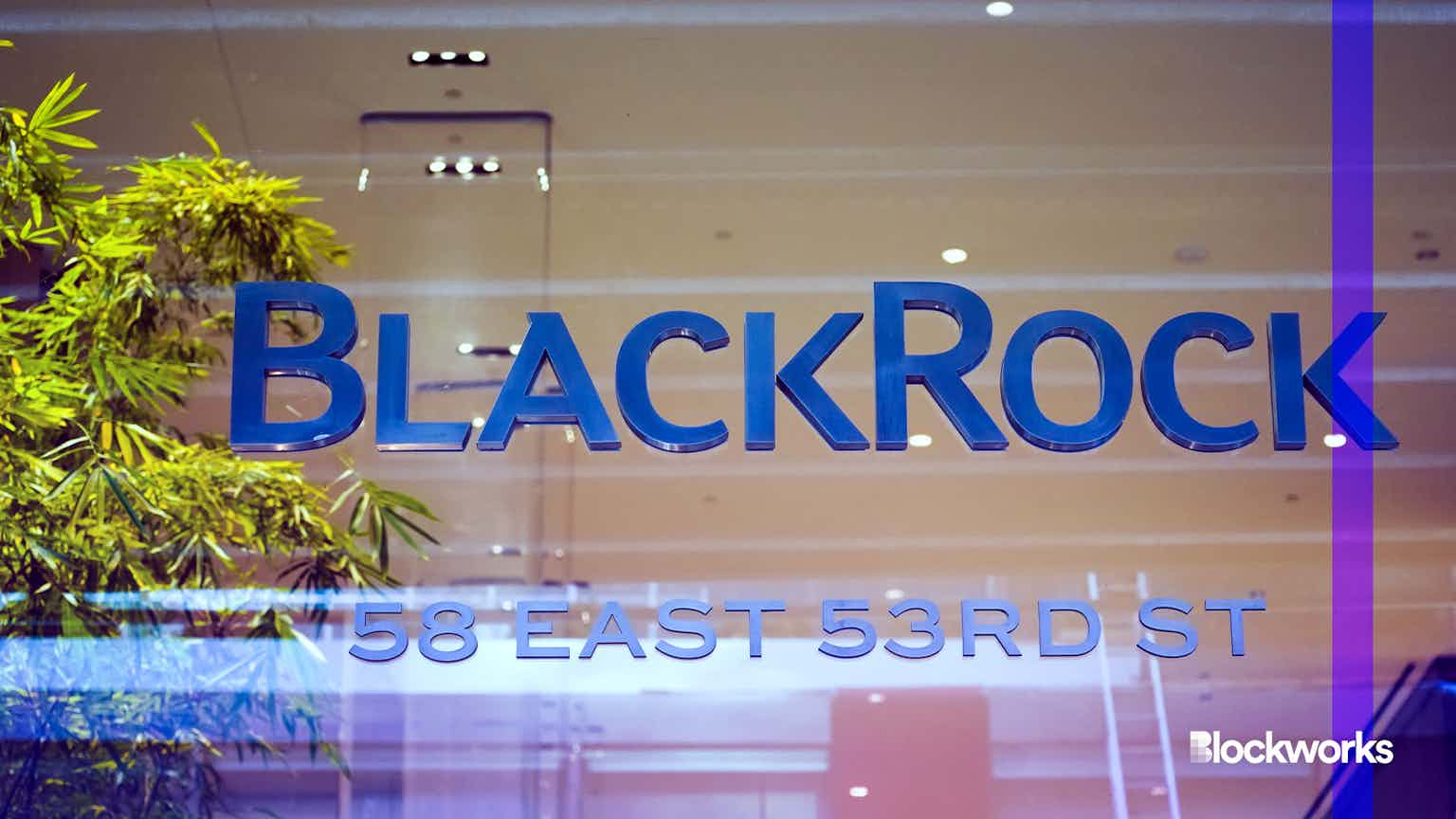Summers: The Fed’s Obviously Got It Wrong
Former Treasury Secretary Larry Summers doubled down on his criticism of the Federal Reserve’s super-easy monetary policy during a virtual speech at the Atlanta Fed’s annual financial markets conference Tuesday.
key takeaways
- Summers accused the central bank of creating a “dangerous complacency” in financial markets
- Summers, who was President Obama’s top pick for Fed chair but was ultimately not selected, said the unprecedented pandemic-related spending has changed economic policy
Former Treasury Secretary Larry Summers doubled down on his criticism of the Federal Reserve’s super-easy monetary policy during a virtual speech at the Atlanta Fed’s annual financial markets conference Tuesday.
Summers accused the central bank of creating a “dangerous complacency” in financial markets because they have gotten the economic data wrong, particularly with regards to jobs numbers.
“It is not tenable to assert today that in the contemporary American economy labor market slack is a dominate problem,” Summers said. “Walk outside. Labor shortage is the pervasive phenomenon.”
Fed’s in the way
The Fed has kept up with its $120 billion/month bond purchasing and has held interest rates near-zero in an effort to stimulate the economy since the start of the pandemic. Officials point to the still-below-target labor numbers as reason to continue their current policies. Summers believes the opposite: the current policies are standing in the way of recovery, at least when it comes to employment.
“If the government is paying large numbers of people more to not work than they are able to earn by working, it would stand to reason that that would create a supply shock,” Summers said, addressing the concern that current unemployment benefits are discouraging people from returning to their pre-pandemic jobs.
Summers, who was President Obama’s top pick for Fed chair but was ultimately not selected, said the unprecedented pandemic-related spending has changed economic policy. The budget deficit has been expanded by 15% and there’s another $4 trillion coming. The Fed is not prioritizing the real issues, he said.
“The primary risks today involve overheating, asset price inflation and subsequent financial excessive leverage and subsequent financial instability,” Summers said. “Not a downturn in the economy, excessive unemployment and excessive sluggishness.”
Mistakes have been made
Despite the “enormous respect” Summer said he has for Fed Chair Jerome Powell, Atlanta Fed President Raphael Bostic and other officials, mistakes have been made. Setting an inflation target of 2%, which the Fed did in August, and calling for overshooting of price goals to make up for past misses were bad calls, he said.
Summers’ criticism is noteworthy given his democratic affiliation. His attacks on current monetary policy have not reciprocated within his own party, particularly his comments on the central bank’s focus on climate-related issues. The Fed is yielding to political pressures instead of tackling the real problem, which should be preparing for future pandemics, he said.
“The central banking community has to date been roughly 50 to 100 times more focused on issues of climate finance than of issues of pandemic finance and of readiness to deal with the next pandemic when it comes,” Summers. “I think that’s been an error on the part of the central banking community.”





